Faith & Finance: The Truth About Halal Investing — Principles, Risks, and Real Returns
- Post by: wp-islamicfinancereviewcouk
- May 7, 2025
- No Comment
For Muslims looking to grow their wealth without compromising their values, halal investing presents both a promise and a challenge. It’s a commitment not only to smart financial planning — but to integrity, accountability, and spiritual consciousness.
Let’s unpack what halal investing really means, how it works, and whether you can expect real-world returns while staying true to your faith.
🌙 What Is Halal Investing, Really?
At its core, halal investing means placing your money in assets and instruments that comply with Shariah. It’s not simply about avoiding interest or alcohol stocks — it’s about choosing investments that reflect your ethical and religious framework.
A halal investment must:
- Be free from riba (interest)
- Avoid industries deemed haram (e.g., gambling, alcohol, adult content, conventional banking)
- Promote real economic activity, not speculation
- Embrace risk-sharing and fairness
“Allah has permitted trade and has forbidden riba (interest).”
— Qur’an, Surah Al-Baqarah (2:275)
This means that traditional savings accounts, conventional bonds, and leveraged products are generally out of bounds. Instead, halal investors explore options like Shariah-compliant stocks, Sukuk, real estate funds, and Islamic ETFs vetted through trusted screening standards.
📉 What Are the Risks?
A common misconception is that halal investing is somehow “safer” or “guaranteed.” But just like any financial activity, it carries risks — the difference is that those risks are managed ethically.
Here are the key risks:
- Market Volatility: Halal-compliant companies are still exposed to global market ups and downs.
- Limited Choices: Shariah filters can reduce diversification options.
- Compliance Uncertainty: Some “Islamic” funds may not follow robust oversight — requiring investors to verify the credentials of their Shariah boards.
- Currency and Liquidity Risks: Especially in global sukuk or real estate portfolios.
The Prophet ﷺ taught:
“Leave that which makes you doubt for that which does not make you doubt.”
— Tirmidhi 2518
When in doubt, avoid grey areas. Barakah comes with clarity.
📈 Can You Get Real Returns?
Yes — but with a long-term mindset.
Halal investments are often asset-backed, profit-sharing, and ethically screened — which may limit rapid speculative growth but strengthen long-term stability. Funds like the Wahed Invest Shariah ETF or Amana Mutual Funds have shown strong performance over time, aligned with market growth.
And here’s the real secret: it’s not just about the numbers.
“Wealth and children are [but] adornment of the worldly life. But the enduring good deeds are better to your Lord for reward and better for [one’s] hope.”
— Qur’an, Surah Al-Kahf (18:46)
The goal isn’t just profit — it’s purposeful prosperity.
✅ Halal Investing: Quick Do’s and Don’ts
To help you navigate your journey with confidence, here’s a practical summary of the faithful do’s and don’ts every Muslim investor should keep in mind:
| ✅ Do’s | ❌ Don’ts |
|---|---|
| Avoid investments involving riba (interest) completely. | Don’t invest in bonds, savings accounts, or interest-generating products. |
| Choose ethical sectors (e.g. tech, healthcare, halal consumer goods). | Avoid companies engaged in alcohol, gambling, tobacco, weapons, or adult content. |
| Use platforms with verified Shariah screening, like Zoya or Islamicly. | Don’t rely on “Islamic” branding without checking Shariah board legitimacy. |
| Understand and accept risk-sharing (mudarabah, musharakah). | Don’t engage in speculative trading, options, or margin investing. |
| Calculate and purify your returns through Zakat and donations. | Don’t ignore grey income — always purify suspicious gains. |
| Focus on barakah and long-term benefit, not hype. | Don’t chase trends or returns that feel morally unclear or rushed. |
🧭 Final Reflection
Halal investing isn’t about choosing between faith and finance. It’s about bringing them together — building wealth with meaning, responsibility, and barakah.
Stay curious. Ask questions. Seek guidance. And remember: the most successful investment is the one that benefits your dunya and your akhirah.
📢 Coming Up Next:
“Zakat and Investment — Can Your Portfolio Be Purified?”
We’ll explore how Islamic investors can purify earnings and calculate zakat responsibly in today’s financial markets.
🔗 Follow us on LinkedIn, Instagram, and Facebook
📣 Use #FaithAndFinance to share your investing journey
📝 Want to contribute? Click here to submit your article or research to JIBEP

